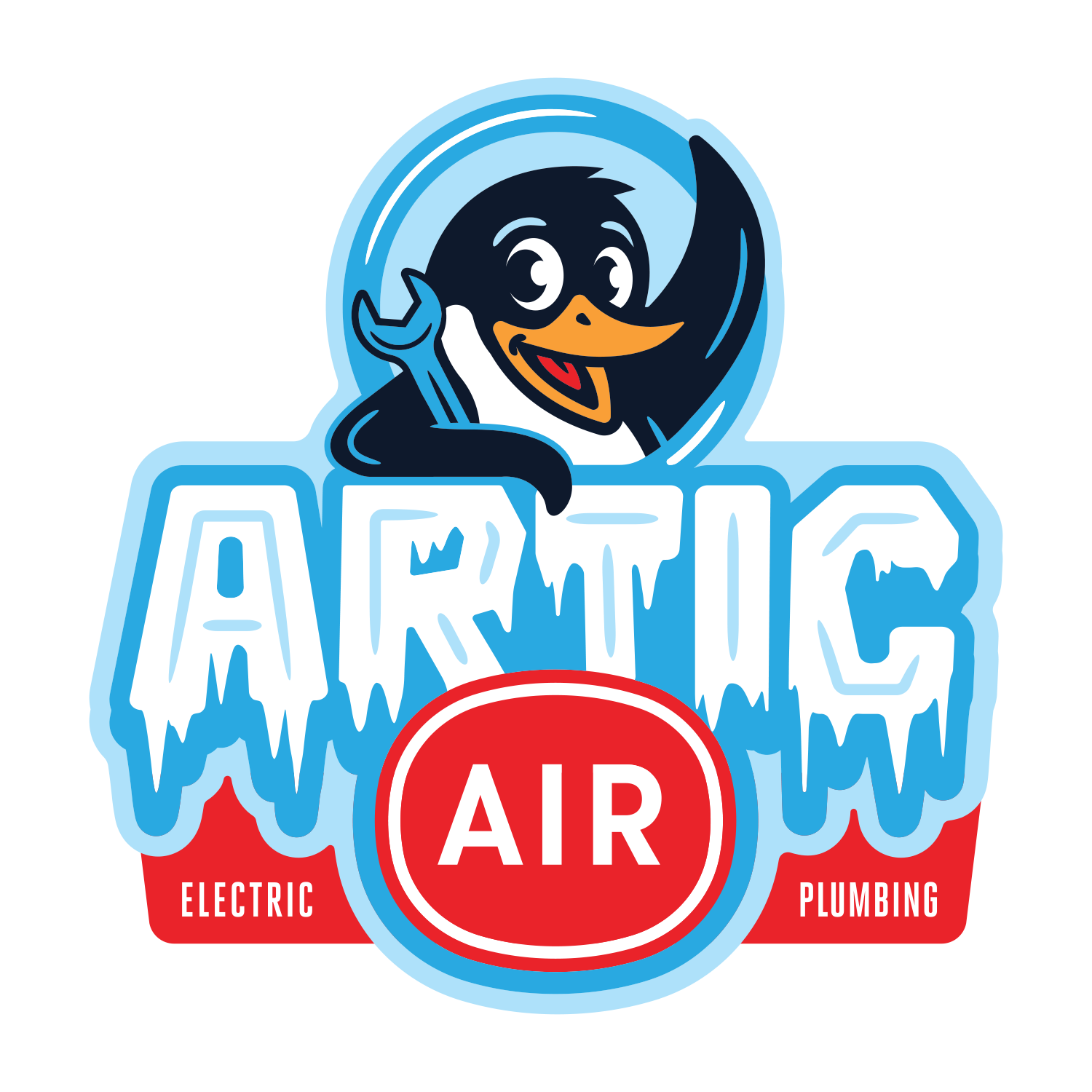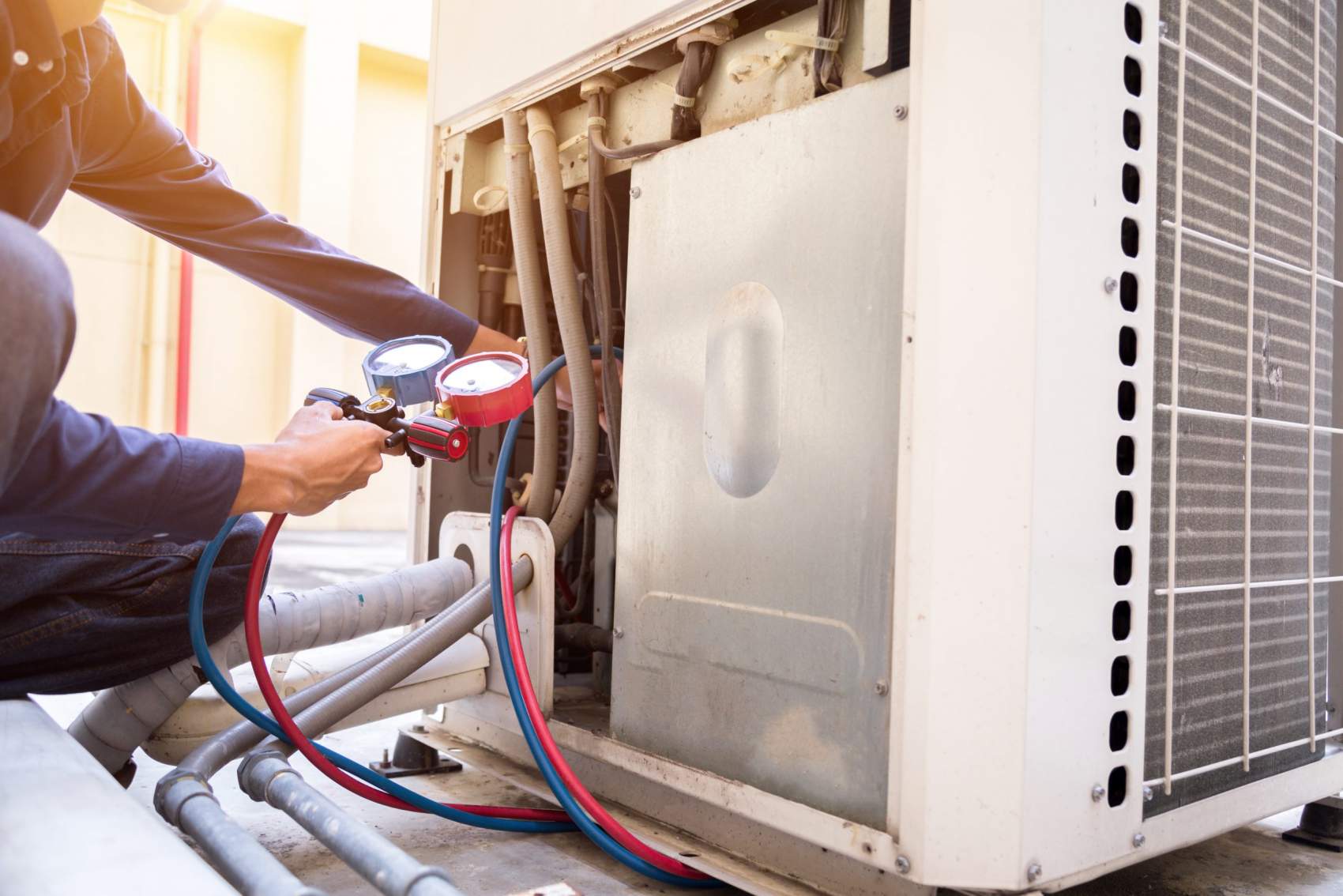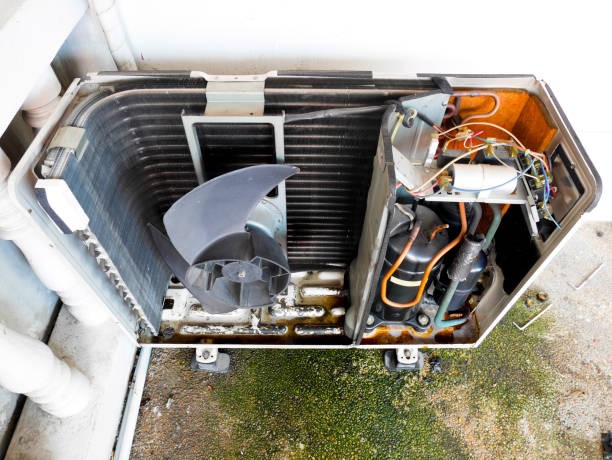An HVAC system is a vital component of any home, providing comfort throughout the year. Regular tune-ups are essential to keep your system running efficiently and to prevent costly repairs. In this blog, we’ll outline a comprehensive HVAC tune-up checklist for homeowners, helping you maintain your system’s performance and extend its lifespan.
Why Regular HVAC Tune-Ups are Important
Regular HVAC maintenance ensures that your system operates at peak efficiency, reduces energy costs, and extends the life of your equipment. Neglecting regular maintenance can lead to system failures, decreased performance, and higher utility bills. Here’s what you need to include in your HVAC tune-up checklist:
- Replace or Clean Air Filters
Frequency: Every 1-3 months Air filters trap dust, pollen, and other particles, preventing them from circulating through your home. Regularly replacing or cleaning these filters ensures optimal airflow and improves indoor air quality.
- Inspect and Clean Coils
Frequency: Annually Both the evaporator and condenser coils can accumulate dirt over time, reducing efficiency. Cleaning these coils helps maintain proper heat exchange and keeps your system running smoothly.
- Check Thermostat Settings
Frequency: Annually Ensure your thermostat is calibrated correctly to maintain a comfortable temperature in your home. Consider upgrading to a programmable thermostat for increased energy savings and convenience.
- Inspect Ductwork
Frequency: Annually Check for leaks, blockages, or damage in your ductwork. Sealing leaks and ensuring proper insulation can significantly improve your system’s efficiency.
- Lubricate Moving Parts
Frequency: Annually Lubricating moving parts, such as motors and fans, reduces friction and wear, ensuring smooth operation and prolonging the lifespan of your system.
- Check Refrigerant Levels
Frequency: Annually Low refrigerant levels can indicate a leak and reduce your system’s efficiency. Ensure refrigerant levels are adequate and address any leaks promptly.
- Clean and Adjust Blower Components
Frequency: Annually A clean and properly adjusted blower ensures optimal airflow and efficiency. Dust and debris can accumulate on the blower components, reducing performance.
- Inspect Electrical Connections
Frequency: Annually Loose or corroded electrical connections can lead to system failures and safety hazards. Inspect all connections and tighten or replace them as needed.
- Test System Controls
Frequency: Annually Ensure your system starts, operates, and shuts off correctly. Testing system controls helps identify any issues with the control board or other components.
- Clear the Area Around Outdoor Units
Frequency: Annually Remove any debris, leaves, or vegetation around your outdoor unit to ensure proper airflow and prevent potential damage to the system.
- Schedule Professional Maintenance
Frequency: Bi-annually While there are many tasks you can perform yourself, it’s important to have a professional HVAC technician inspect and service your system at least twice a year. Professionals can identify and address issues that might not be apparent to homeowners.


